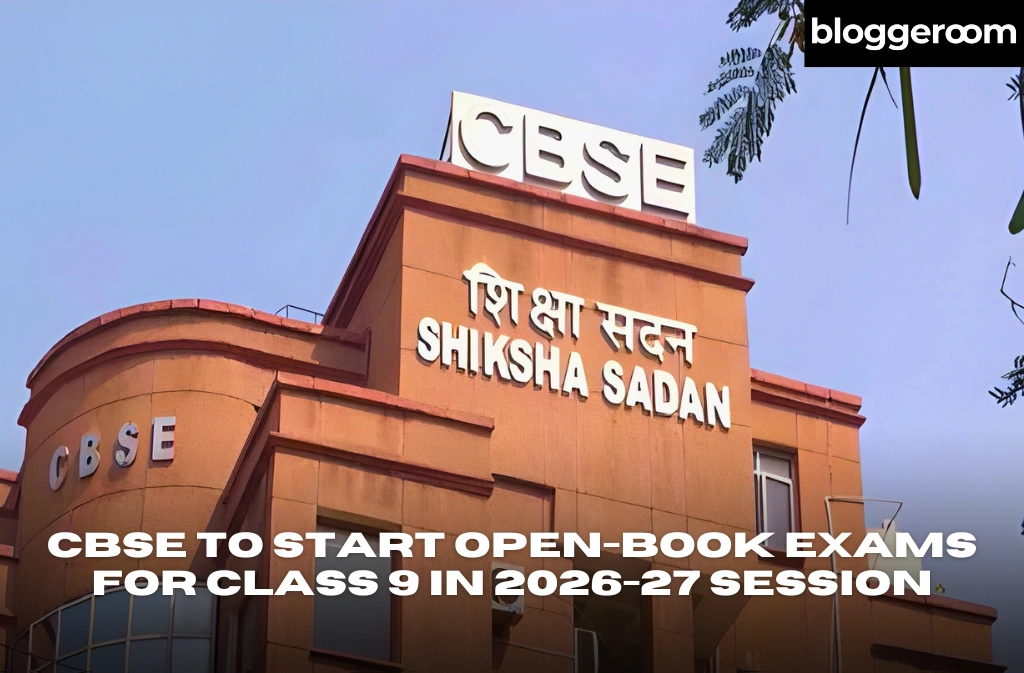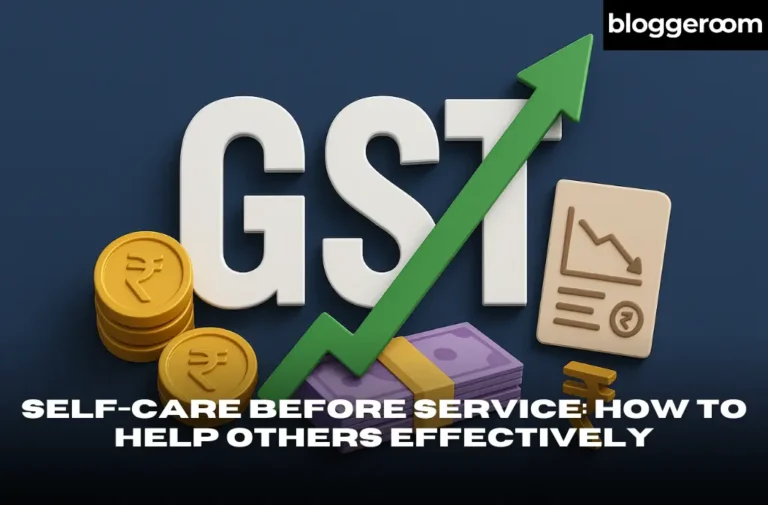CBSE to Start Open-Book Exams for Class 9 in 2026-27 Session
The Central Board of Secondary Education (CBSE) is preparing to roll out open-book exams for Class 9 from the academic year 2026-27. The move aligns with the goals of the National Education Policy 2020 and the National Curriculum Framework for School Education 2023, which focus on moving away from memorizing facts and towards learning methods that build understanding, encourage critical thinking, and promote the practical use of knowledge.
What the Pilot Test Revealed
CBSE tried out the open-book format through a pilot program, where student performance showed a wide range, with scores falling anywhere between 12 percent and 47 percent. This gap highlighted a clear issue: many students approached the test as if they only needed to find answers in their books. However, the exam questions were designed to test the ability to analyze information, draw connections, and apply concepts, rather than simply copy text.
Teachers observed that the low scores were less about capability and more about unfamiliarity with this style of assessment. Both students and educators are used to traditional exams, so adjusting to this new model will take time and practice.
Why This Change Matters for the Education System
Traditional exams tend to measure how much information a student can memorize, but they rarely show how well that student understands and can use the knowledge. The open-book format encourages learners to think critically, connect ideas, and approach problems with creativity. It can also help reduce exam stress, as students are not expected to remember every single fact, but rather to know how to use the information available to them.
Globally, education systems are moving towards this type of competency-based evaluation. For India, it is an opportunity to produce students who are not just exam-ready but also better prepared for higher studies, jobs, and real-world problem-solving.
Impact on Students’ Cognitive Development
Open-book exams require more than just knowing where to find the answer. They ask students to interpret data, compare ideas, and build logical arguments. This naturally promotes higher-level thinking skills and strengthens the ability to adapt to new challenges. Over time, this approach can encourage curiosity and make learning more engaging.
The Role of Teacher Training
One of the major takeaways from the pilot program was the need to train teachers before the new system is fully introduced. Educators will need to design thought-provoking questions that truly test understanding, and they must also guide students in using resources effectively during an exam.
CBSE has said it will provide sample papers and guidelines so schools can prepare in advance. With more than a year before the official rollout, teachers will have time to experiment with practice tests and help students develop the right strategies for success.
How the System Will Work
In the first phase, schools will have the choice to introduce open-book exams based on their preparedness. The format will cover core subjects like languages, mathematics, science, and social science, and will be included in three written assessments each term to help students gradually adapt to this new way of testing.
Conclusion
The move to introduce open-book exams for Class 9 is not just a change in exam format; it is a step towards reshaping how students learn and how knowledge is measured in India. The pilot showed there will be challenges, but with proper teacher training and a gradual rollout, this system could encourage deeper understanding, reduce stress, and prepare students for a world where thinking skills matter more than memorizing facts.







